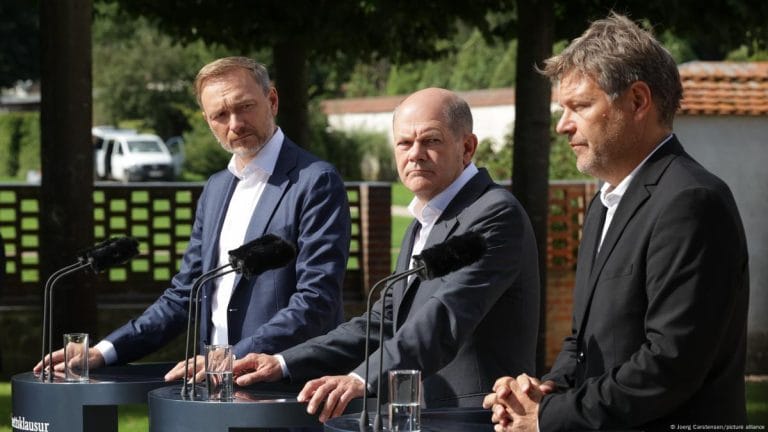🎧 Listen to This Article
Germany’s 2025 budget talks have wrapped up — but the results are stirring frustration across the country.
Following weeks of negotiations, the German government has officially scrapped its promised electricity tax cuts for households and small businesses, citing a lack of funding. Meanwhile, pensioners received some good news as the timeline for Mothers’ Pension reforms was accelerated.
Here’s a breakdown of the key changes and how they could affect you.
Electricity Tax Cuts Abandoned — For Now
German households will continue paying some of the highest electricity prices in Europe, after the ruling coalition — made up of the Christian Union parties (CDU/CSU) and the Social Democrats (SPD) — failed to find the €5.4 billion needed to fund the planned electricity tax reductions.
Though the coalition’s initial agreement promised electricity tax cuts for all, that pledge came with the caveat: Only if financing was available. In the end, no solution emerged.
Chancellor Friedrich Merz defended the decision:
“We can only spend the money we have.”
But business groups, consumer advocates, and opposition politicians blasted the move as a betrayal.
Social Association of Germany chairwoman Michaela Engelmeier called it a “fatal signal,” especially during a period of high living costs.
The German Confederation of Skilled Crafts (ZDH) accused the coalition of breaking its written promise to help businesses.
Instead of across-the-board tax relief, government officials pointed to other energy policies they say could cut costs by up to three cents per kilowatt-hour — equivalent to about €100 per year for a family of four. However, critics say only a fraction of businesses and households will benefit, and that incentivizing gas over electricity sends the wrong climate message.
Mothers’ Pension Reform Moved Up
In more positive news, the government agreed to implement Mothers’ Pension (Mütterrente) reforms a year earlier than planned, starting January 1, 2027.
Currently, parents of children born before 1992 receive up to 2.5 years of pension credits, compared to three years for those with children born afterward. The reform extends the full three years to all parents, regardless of their child’s birth year.
However, Germany’s pension insurance fund warned that technical delays could push implementation to 2028. Officials promised retroactive payments if necessary.
More Pension Reforms on the Horizon
The government also confirmed that a second pension reform package — including provisions for an “active pension,” an early start pension, and stronger company pensions — will be introduced this autumn.
For further details, clarification, contributions, or any concerns regarding this article, please get in touch with us at editorial@tax.news. We value your feedback and are committed to providing accurate and timely information. Please note that our privacy policy will handle all inquiries.



